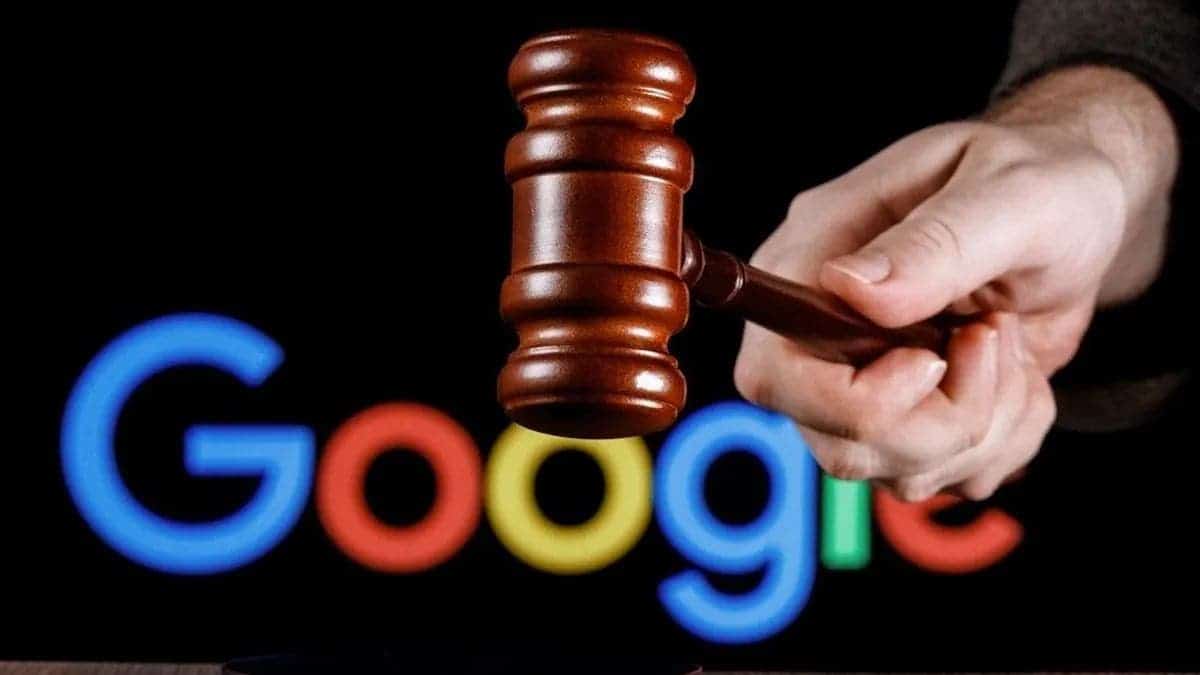Google is facing a major antitrust lawsuit filed by the US Department of Justice (DoJ) and eight state attorneys general. They allege that the tech giant is running an illegal monopoly in the digital ad market. This is the third antitrust lawsuit filed against Google since October 2020. It reflects the rising unease with Google’s massive profits and expansive reach. This also shows the growing dissatisfaction with Silicon Valley. The lawsuit alleges that Google has used anticompetitive, exclusionary, and unlawful conduct to eliminate or severely diminish any threat to its monopoly in the digital advertising market. The suit seeks to force Google to unwind its monopolistic grip on the market and restore competition to digital advertising. One of the areas where Google has been accused of monopolistic practices is in the Google Shopping platform.

In 2017, the European Union fined Google $2.6 billion for antitrust violations related to Google Shopping. The reason for the ban is that Google is unfairly promoting its own shopping comparison service over those of competitors. Google has since made changes to the platform to address these concerns. However, the company is now making a last-ditch effort to overturn the ruling.
Google’s Appeal
Google has appealed the European Union’s decision to the European Court of Justice. The company argues that the ruling was flawed and that it did not violate any antitrust laws. The company is making this last-ditch effort at Europe’s highest court, the Court of Justice of the European Union (CJEU). The target of the appeal is to overturn the $2.6 billion fine.
Google appealed to the EU’s intermediate court, the General Court, against the EU’s ruling. In November 2021, the General Court rejected Google’s appeal. Google subsequently appealed to the Court of Justice of the European Union, the highest court. Though the company claims it did nothing wrong, it has made some changes to the Google Shopping platform. This is to address the concerns raised by the European Union.
Google has argued that the changes it has made to the platform have increased competition. It also claims that the platform is now more open to third-party sellers. The company has also argued that the European Union’s decision was based on outdated assumptions about the online shopping market. Google claims that the ruling fails to take into account the rapid changes that have occurred in the market since the probe began.

Google’s Attorney Speaks
In today’s hearing at the Court of Justice of the European Union, Google lawyer Thomas Graf said that the European Commission failed to prove that Google’s different treatment of competitors was an abuse. he claims that the “different treatment” itself was not anti-competitive behaviour.
Gizchina News of the week
Graf said: “Usually if there is competition between brands, they will definitely not treat their rivals the same as they treat themselves. On the contrary, they will treat them differently. For a company, the meaning of competition is to differentiate itself from its rivals…”
Graf also said: “Defining every differential treatment, especially for first-party and third-party brands, as an abuse is unreasonable and will undermine competition and weaken the ability to innovate.”
European Commission lawyer, Fernando Castillo de la Torre, refuted Google’s argument, saying that Google used its algorithm to unfairly favour its own shopping service, Google Shopping, violating EU antitrust laws.
“Google can use its algorithm to reduce the visibility of results that are less relevant to users’ queries,” Fernando said. “But they don’t have the right to use their dominance in search to promote search results from their own services while lowering the visibility of their competitors in search result ranking.”
What Google Has to Prove
In order to overturn the European Union’s decision, Google will need to prove that the ruling was flawed and that the company has not violated any antitrust laws. The company will need to show that it has made decent changes to the Google Shopping platform to address the concerns raised by the European Union. It must also show that these changes have increased competition in the market.

Google will also need to demonstrate that the European Union’s decision was based on outdated assumptions about the online shopping market and that the ruling fails to take into account the rapid changes that have occurred in the market since the investigation began. The company will need to provide evidence to support these claims and convince the European Court of Justice that the ruling should be overturned.
Conclusion
Google is facing a major antitrust lawsuit that alleges that the company is running an illegal monopoly in the digital ad market. The lawsuit seeks to force Google to unwind its monopolistic grip on the market and restore competition to digital advertising. Google is also making a last-ditch effort to overturn the European Union’s decision to fine the company $2.6 billion for antitrust violations related to Google Shopping. In order to overturn the ruling, Google will need to prove that the decision was flawed and that the company has not violated any antitrust laws. The outcome of these legal battles will have significant implications for the future of competition in the digital advertising and online shopping markets.
The EU Court of Justice will make a final ruling on the case in the coming months. In addition to the Google Shopping service, Google’s other two services, Android and Google AdSense ad services have also been hit by EU antitrust fines, and Google has also appealed. In these three antitrust cases, Google Shopping was fined 2.42 billion euros, Google AdSense ad service was fined 1.49 billion euros, and Android was fined 4.34 billion euros.




